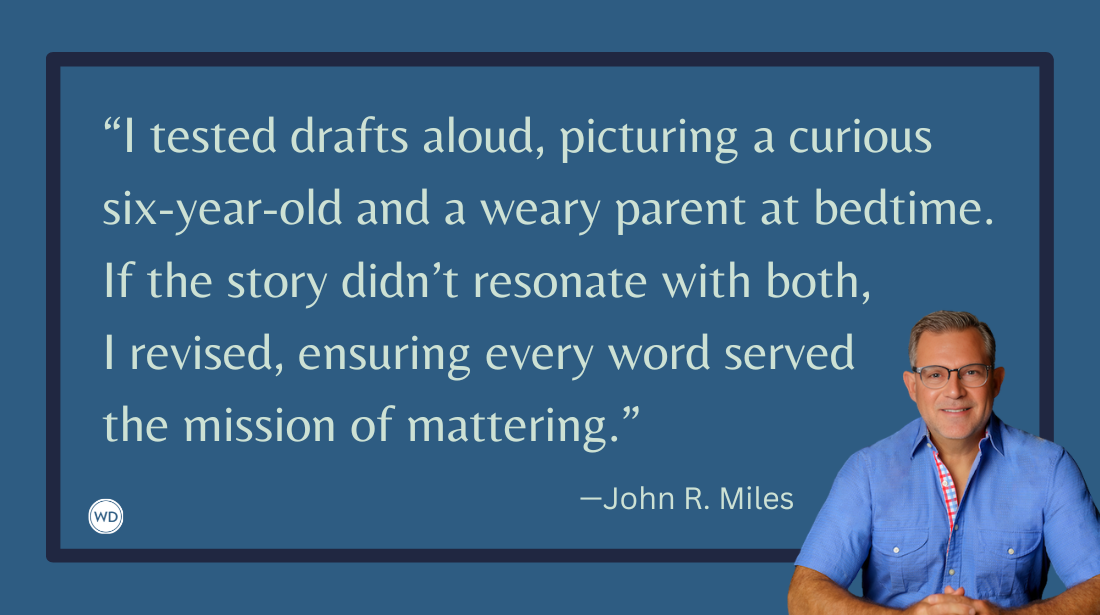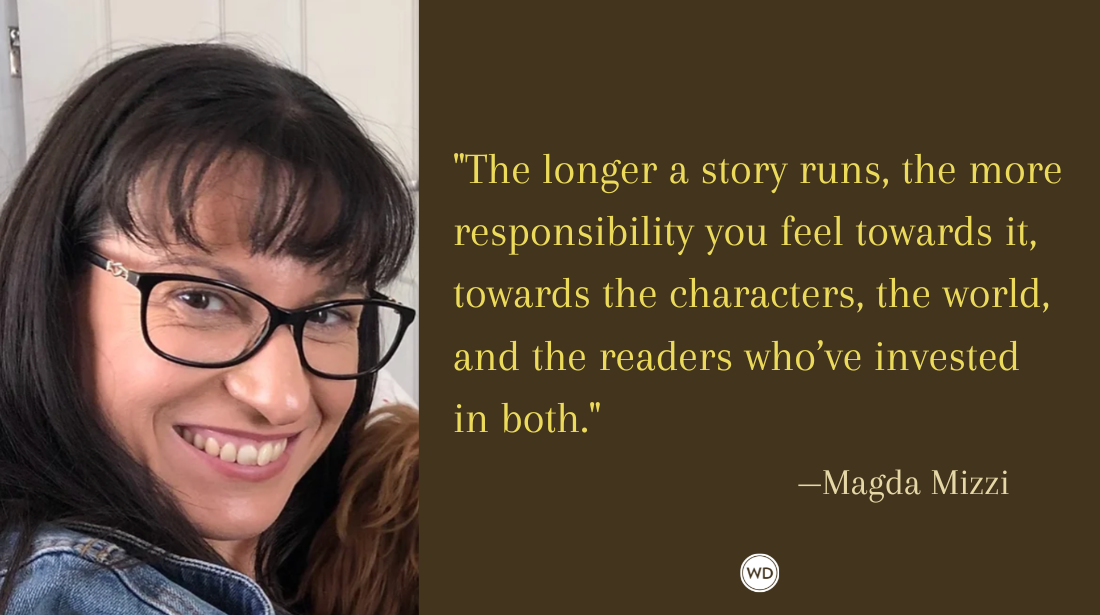10 Steps to Maximize Research for Mystery Novelists
Author Wendy Gee shares her 10 steps for maximizing research to write mystery novels that are compelling and authentic.
Writing a mystery is analogous to solving a multifaceted puzzle. Each piece of information must fit perfectly to create a compelling narrative that keeps readers on their seat’s edge. For mystery novelists, research is not just a preliminary step; it’s the backbone of story development. Here are a few suggestions to help you embrace the process and get the most from your exploration to craft a compelling and authentic mystery novel.
1. Define Your Mystery
Before diving into research, clearly define the core elements of your mystery. Consider the central crime or enigma beyond the traditional murder that will drive your narrative. Is it a theft, a disappearance, or perhaps a historical puzzle? Identifying this element will shape the direction of your research. Next, determine who the key players are. Who is your protagonist, and what is their role in unraveling the mystery? Who are the suspects, and what are their potential motives? Understanding these elements will ensure you gather relevant information that enhances your story. This clarity will also help you focus on the details needed to create a compelling and cohesive plot.
2. Immerse Yourself in the Setting
The setting of your mystery novel is crucial. It not only provides the backdrop for your story but also influences the plot and characters. Conduct thorough research on the location where your story unfolds. If it’s a real place, visit it if possible so you get the names (and local pronunciations for audio books) correct. Take notes on the location’s sights, sounds, and smells. If it’s fictional, draw inspiration from real locations to create a vivid and believable setting.
3. Understand the Crime
To write convincingly about crime, it’s essential to understand its intricacies. Start by researching different types of crimes, such as fraud, kidnapping, or cybercrime. Then explore the various motives behind them, like greed, revenge, or desperation. Delve into the psychological profiles of criminals to comprehend their behaviors and thought processes. This will also help you craft inspirational and three-dimensional foes and heroes alike. Analyzing case studies and true crime stories can provide valuable insights into how real-life mysteries are solved, revealing investigative techniques and the challenges faced by law enforcement. This knowledge will help you create a gripping plot, and allow you to craft scenarios that resonate with authenticity.
4. Master the Art of Investigation
Your protagonist, whether a professional detective, amateur sleuth, or journalist, must be adept at solving mysteries. To achieve this, research investigative techniques such as interviewing witnesses, gathering evidence, and analyzing crime scenes so your characters can demonstrate their bona fides. Furthermore, dig into forensic science to understand how DNA analysis, fingerprinting, and other scientific methods aid in solving crimes. Familiarize yourself with police procedures, including how cases are documented, the chain of command, and legal constraints. Understanding how investigations unfold in real life will lend legitimacy to your story, helping you craft believable scenarios that reflect the complexities and nuances of actual detective work, thereby enhancing the credibility of your narrative. Especially if you can help readers decipher the techno-jargon.
5. Develop Complex Characters
Many terrific articles have been written about developing the characters who will populate your mystery novel. Suffice it to say, they drive the plot and engage readers. Consider researching different personality types, psychological disorders, and human behavior to create multi-dimensional characters. Consider their backgrounds, motivations, and relationships. The more complex and realistic your characters, both primary and secondary players, the more engaging your story will be.
6. Explore Legal and Ethical Issues
Mystery novels often chronicle legal and ethical dilemmas. Understand the legal system, courtroom procedures, and ethical considerations related to crime and justice. This knowledge will help you navigate complex plot points and add depth to your story. Call you local bar association if you have questions. They will be eager to help you get it right.
7. Use Technology to Your Advantage
In today’s digital age, technology plays a significant role in crime-solving. Research the latest advancements in such things as DNA sequencing and digital forensics. Explore modern surveillance techniques, including facial recognition and drone technology, to understand how they aid investigations. Probe into cybersecurity to learn about hacking, data breaches, and digital footprints, which are increasingly relevant in solving crimes. Incorporating these elements into your plot adds a modern twist, making your story more relevant to contemporary readers. And integration of technology also reflects the evolving landscape of crime-solving in the real world.
8. Interview Experts
One of the most effective ways to gather information is by interviewing subject-matter experts. And it’s loads of fun. Reach out to law enforcement officers, forensic scientists, psychologists, and legal professionals. Their insights can provide valuable details and lend validity to your narrative. Prepare thoughtful questions and be open to learning from their experiences. Be sure to ask if you can use or adapt their stories, and include them (if appropriate) in your acknowledgments.
9. Balance Fact and Fiction
While research is essential, remember that you are writing fiction. Use your research to inform and enhance your story, but don’t let it overwhelm the narrative. Strike a balance between factual accuracy and creative storytelling to maintain reader engagement. As you gather information, organize it systematically. Create a research database or use digital tools to categorize notes, articles, and interviews. This organization will make it easier to reference information as you write and ensure that no crucial detail is overlooked. Once your draft is complete, revisit your research. Ensure that all details align with the plot and characters. Be open to revising sections that may not fit seamlessly. Refining your story based on studious research will enhance its impact.
10. Stay Curious
Finally, cultivate a sense of personal curiosity. Mystery novelists thrive on asking questions and seeking answers. Stay curious about the world around you, and let that curiosity drive your research. The more you explore, the richer your stories will become.
Check out Wendy Gee's Fleet Landing here:
(WD uses affiliate links)









